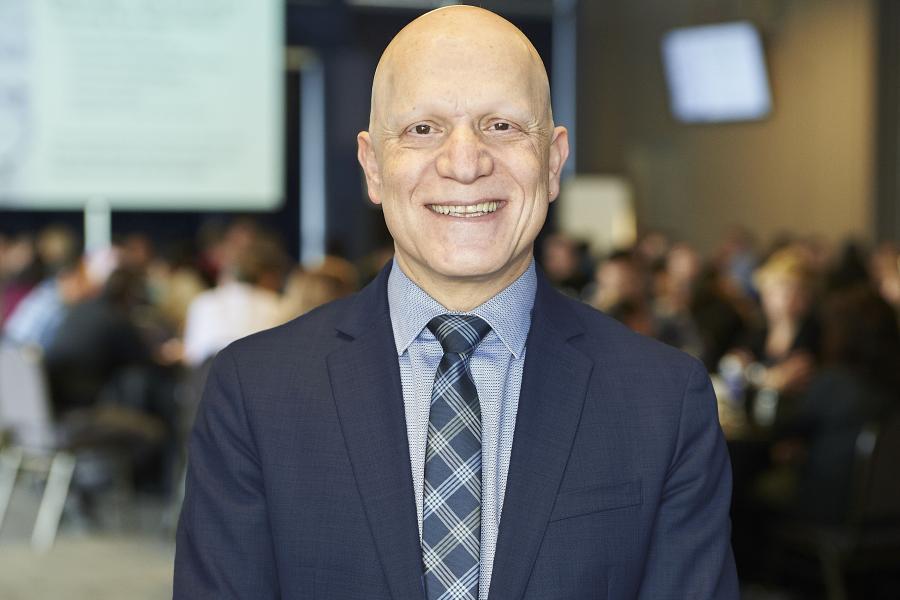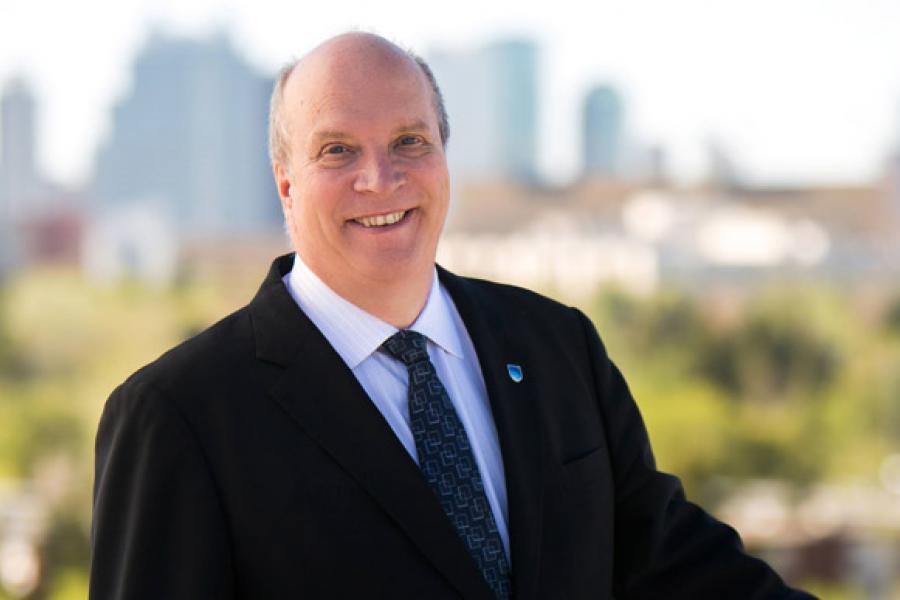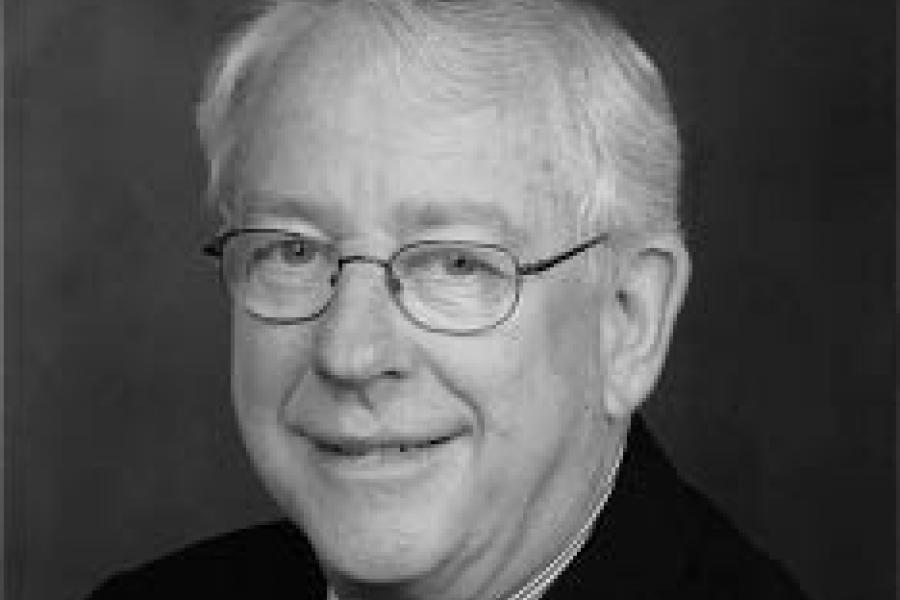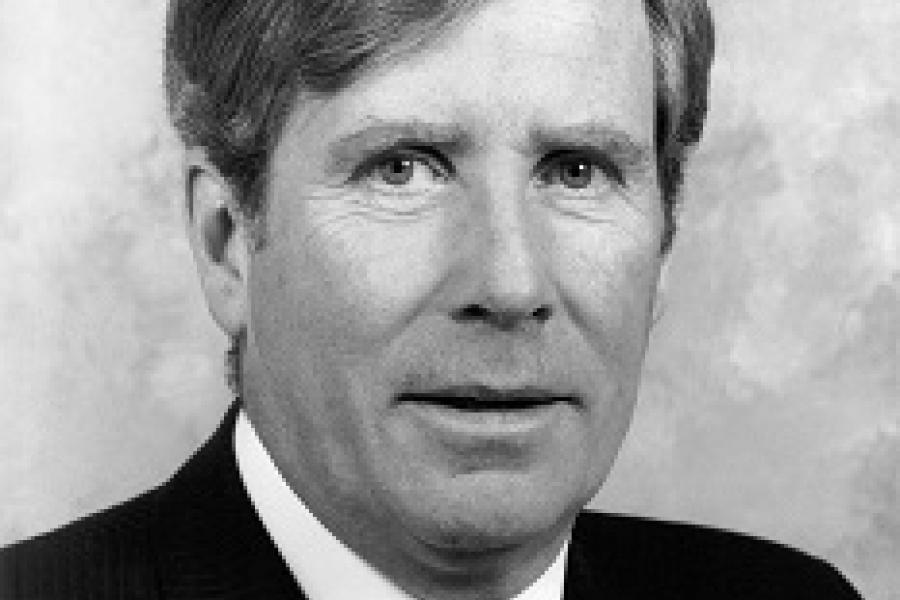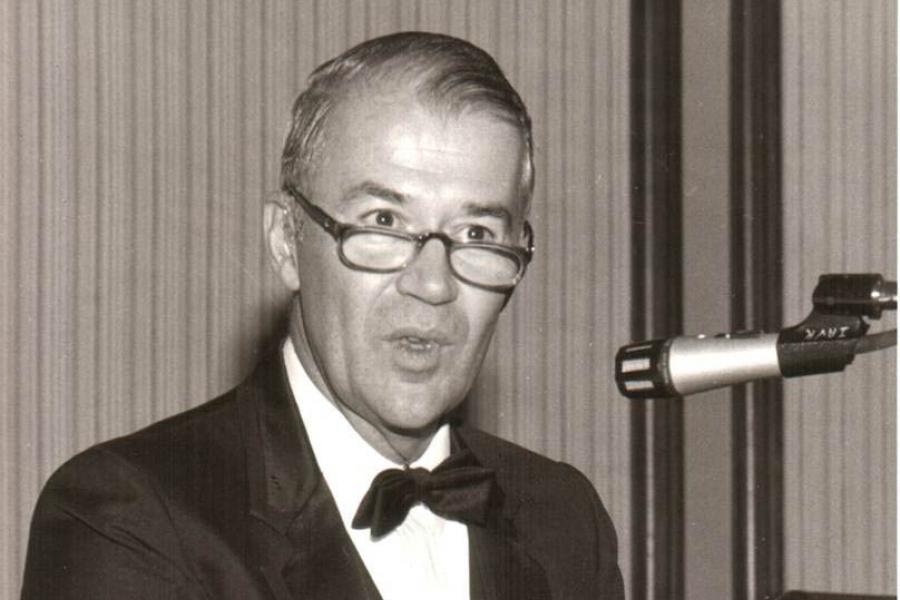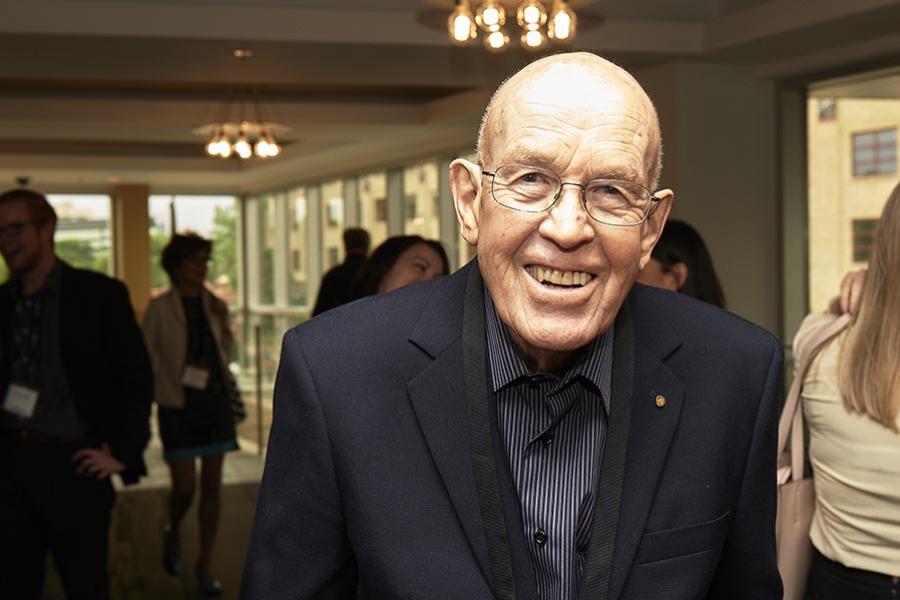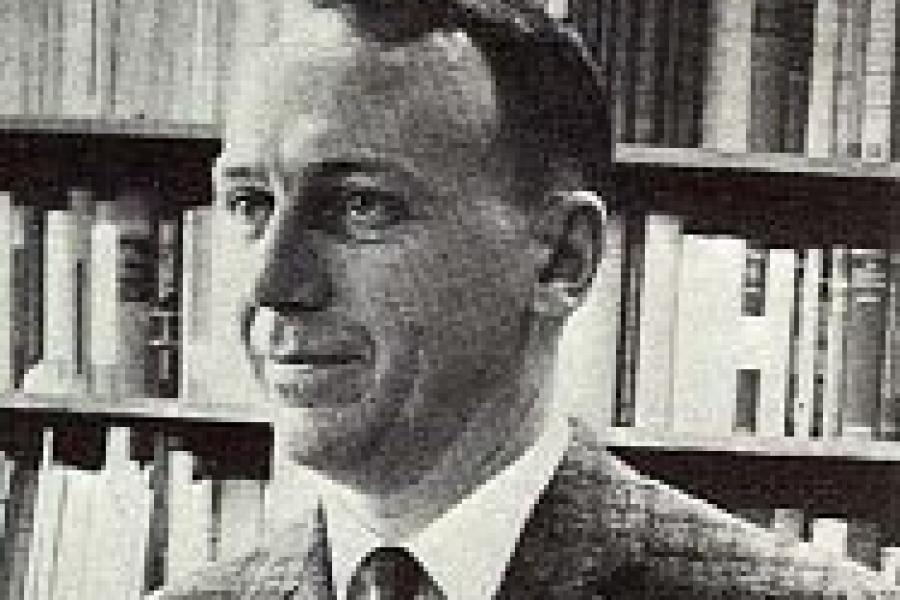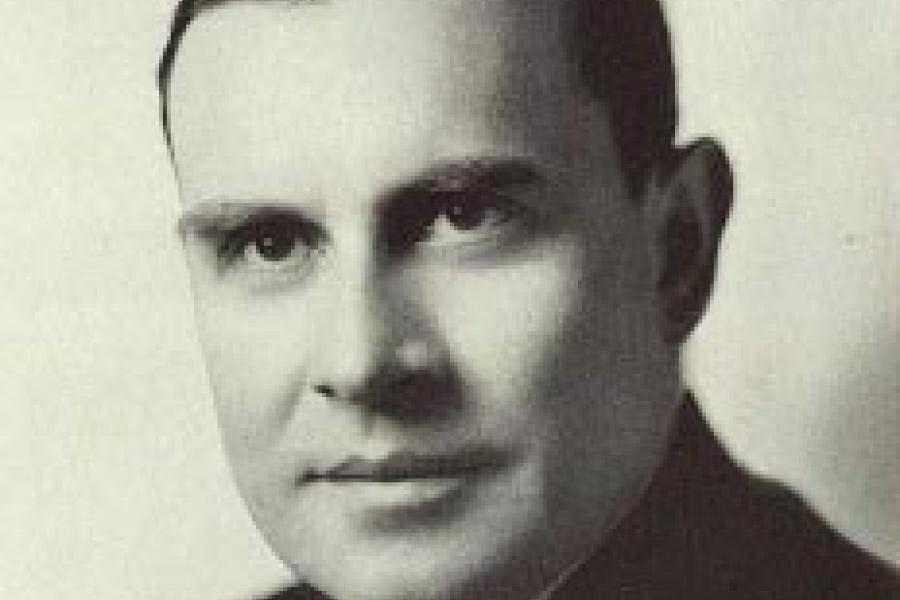Originally from Israel, Dr. Gady Jacoby began his career at Asper as an Assistant Professor of Finance in 1998. He left in 2009 to teach at Seton Hall University in New Jersey, but returned to Asper four years later. After returning, he served as the Bryce Douglas Chair in Finance, Associate Dean (Research and Graduate Programs) and from 2017 to 2021 as the School’s Acting Dean and Dean.
As Dean, Dr. Jacoby spearheaded many initiatives that have left a lasting impact at Asper: enhancements to the Stu Clark Graduate School programs, significant upgrades to the Drake Centre, a commitment to enhancing reconciliation through Indigenous Business education and one of the most proactive stances on equity, diversity and inclusion (EDI) of all UM faculties. These initiatives were centred around supporting an outstanding student experience.
Dr. Jacoby spearheaded the creation of the Master of Finance program, the only program of its kind between Vancouver and Toronto. In addition, he initiated the Master of Supply Chain Management and Logistics and incorporated a co-op option into all professional graduate programs at Asper. For graduate research programs, he prioritized program enhancement through new strategies that support graduate students and faculty research alike.


